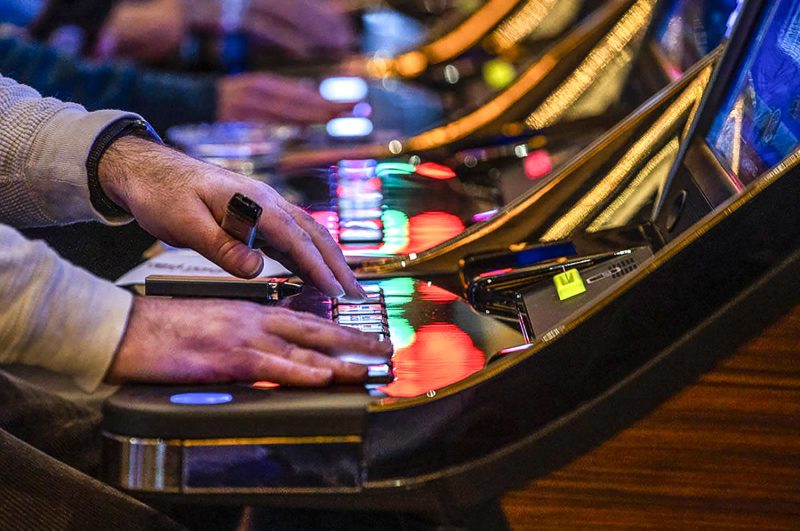Shareholders Push Casinos to Reassess Indoor Smoking
In a recent development, shareholders are exerting pressure on casinos to reassess their policies on indoor smoking. The debate surrounding indoor smoking in casinos has long been a contentious issue, with advocates on both sides presenting compelling arguments. However, the push from shareholders suggests a potential shift in the industry’s stance on this matter.
The concerns raised by shareholders are multifaceted, encompassing both health and business considerations. From a health perspective, the evidence linking secondhand smoke exposure to serious health risks is well-documented. Non-smoking patrons and employees are at particular risk in environments where smoking is permitted indoors, potentially leading to respiratory issues and other health complications. As shareholders increasingly prioritize social responsibility, the continued allowance of indoor smoking could pose a significant reputational risk to casinos.
Furthermore, the push to reassess indoor smoking policies is also driven by changing consumer preferences. With a growing emphasis on health and wellness, many patrons are seeking smoke-free environments when they visit casinos. By catering to these preferences, casinos have the opportunity to attract a broader customer base and enhance their overall appeal.
The financial implications of indoor smoking are another key consideration for shareholders. The costs associated with maintaining smoking areas, addressing ventilation concerns, and potential legal liabilities all contribute to the bottom line. By transitioning to smoke-free environments, casinos may realize cost savings in the long run while also mitigating the risks associated with indoor smoking.
In response to shareholder pressure, some casinos have already taken steps to limit indoor smoking. Implementing designated smoking areas, enforcing stricter ventilation standards, or even considering a complete ban on indoor smoking are among the potential strategies being evaluated. While such changes may face pushback from certain segments of the industry and customer base, the shift towards smoke-free environments appears to be gaining momentum.
Ultimately, the push from shareholders to reassess indoor smoking policies represents a significant opportunity for the casino industry to align with evolving societal norms and priorities. By prioritizing the health and well-being of patrons and employees, while also considering the financial implications, casinos can position themselves as responsible corporate citizens and enhance their competitive advantage in the market. As the debate surrounding indoor smoking continues to evolve, it will be crucial for casinos to carefully consider the interests of all stakeholders and make informed decisions that reflect the changing landscape of the industry.
